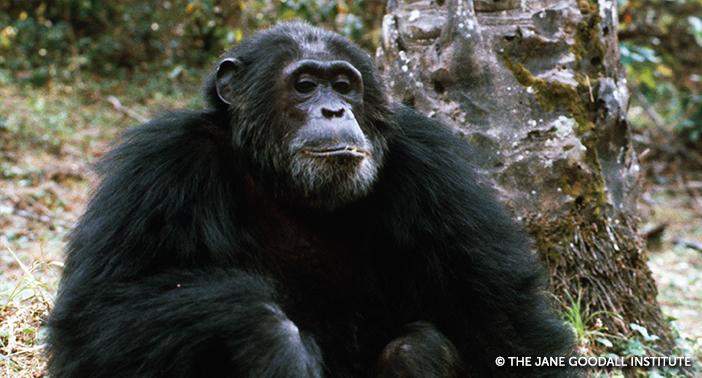Destabilization of the Gut Microbiome Marks the End-Stage of Simian Immunodeficiency Virus Infection in Wild Chimpanzees
Inside nearly every organism is an entire ecosystem of microbes known as the microbiome. Residing in the guts of larger organisms, the microbiome consists of a diverse array of bacteria and viruses that can have equally as diverse impacts on the host organism’s health. Observation of microbiome composition can give clues as to the status of the organism. Many chronic diseases are associated with a change in the gut microbiome.
This has particular implications for immunodeficiency diseases like HIV and the Chimpanzee equivalent, Simeon Immunodeficiency Virus (SIVcpz). Recent research on Chimpanzees from Gombe has shown that the microbiome of chimpanzees suffering from SIVcpz typically remains steady until the last few weeks before the individual dies of the disease. The destabilization of the microbiome indicates the end-stage of the SIVcpz infection. To read more about the implications of this study, click here.






